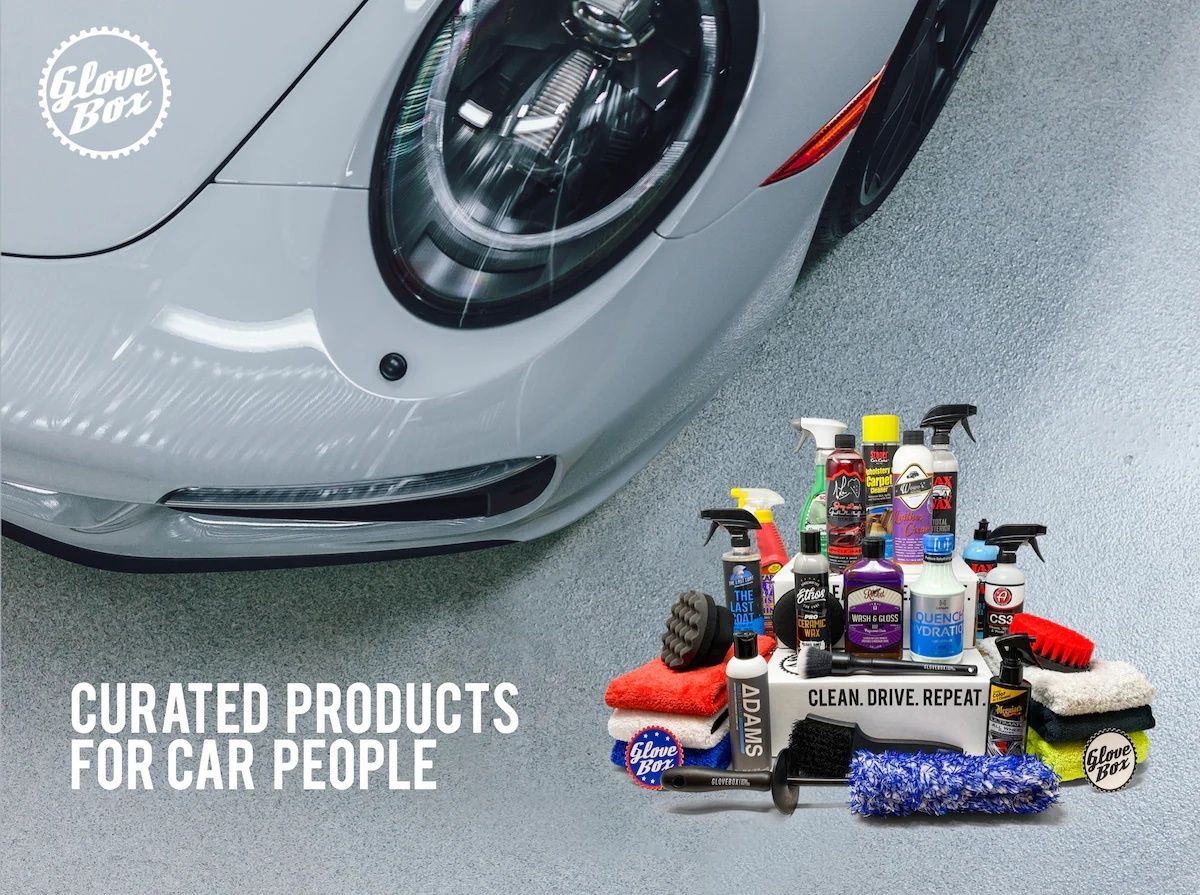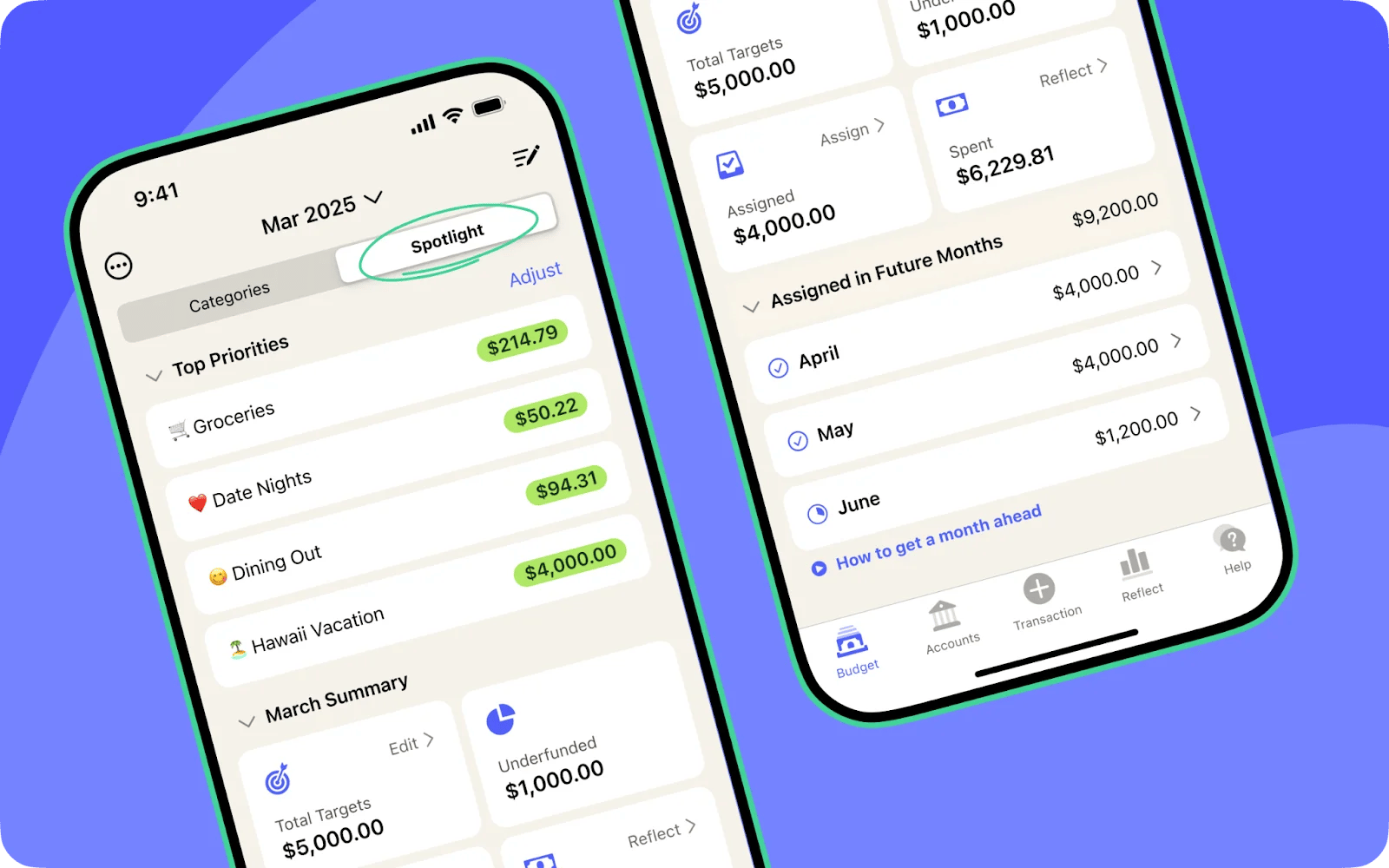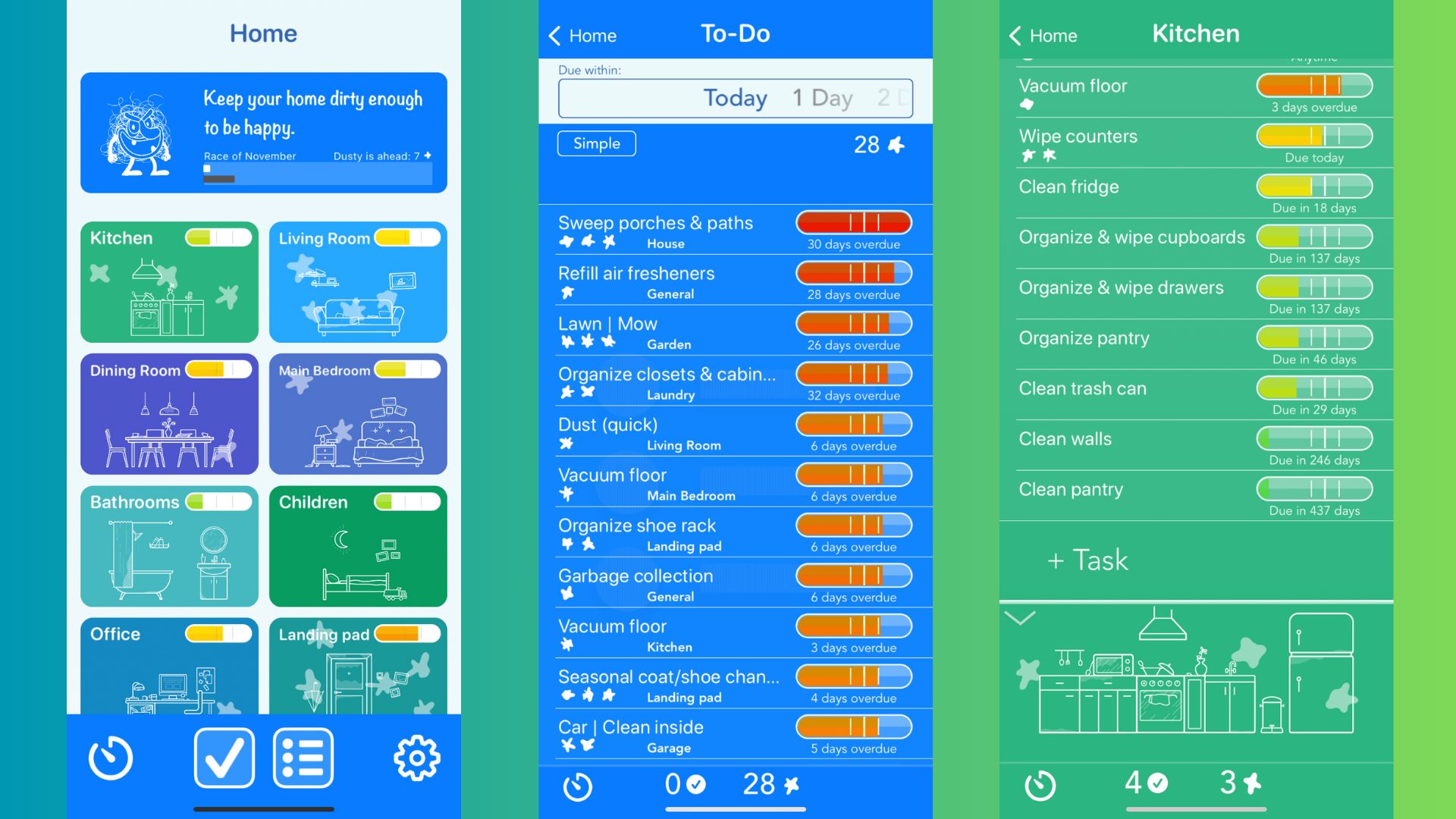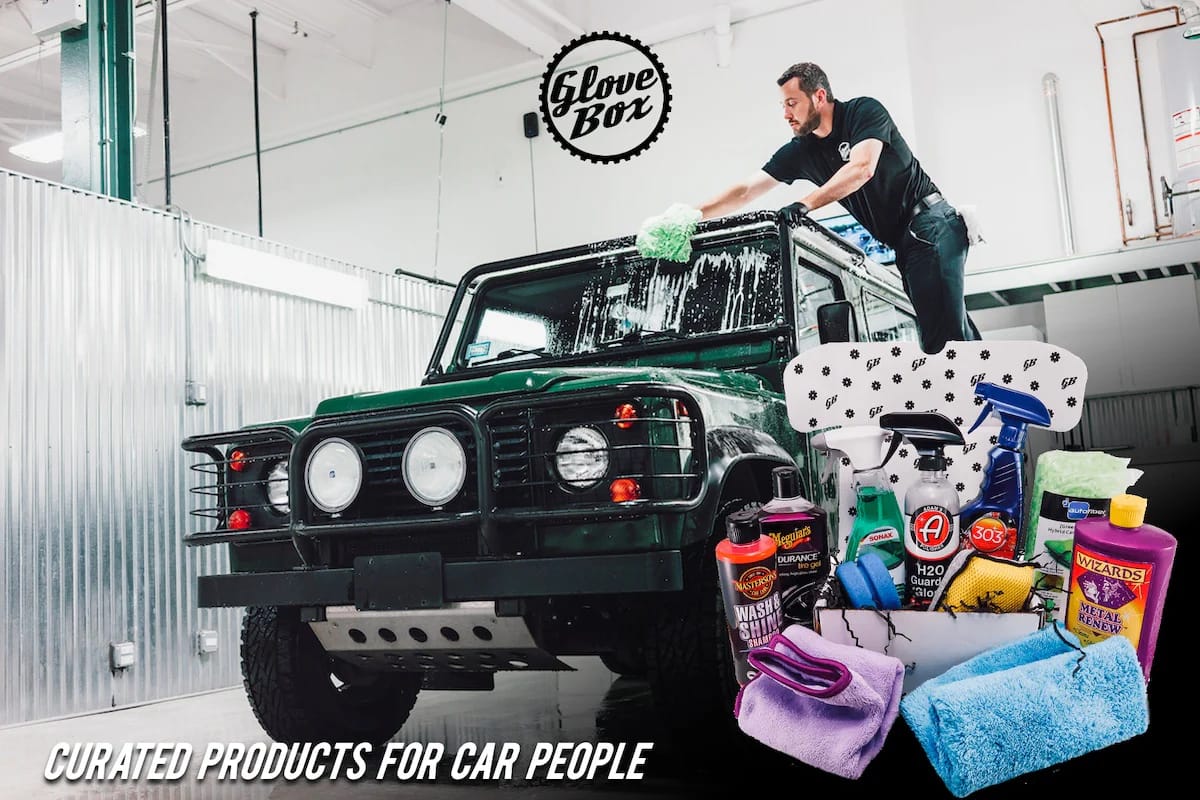- New Wave
- Posts
- Maintenance Obsession
Maintenance Obsession
How invisible upkeep turned into premium entertainment


𝑰𝒏 𝑻𝒐𝒅𝒂𝒚'𝒔 𝑾𝒂𝒗𝒆:
📱 How boring became profitable
💳 Why people pay premium to make boring tasks social
🎯 How brands turn private maintenance into public content
🌐 What this means for competence, status, and adult responsibility
𝑻𝒉𝒆 𝑺𝒉𝒊𝒇𝒕
The most mundane parts of adult life - budgeting, cleaning, car maintenance - have become premium entertainment experiences.

Brands discovered something counterintuitive: people will pay more to make boring tasks feel like games than they will for someone else to do the tasks entirely. Instead of hiring help, we're paying for apps, subscriptions, and systems that turn responsibility into rewarding routines we actually want to stick with.
I'm calling this shift "Maintenance Obsession" – when companies charge premium prices to gamify adulting. They're not selling the work itself—they're selling the dopamine hit of making progress on life's most tedious requirements without anyone nagging you to do it.
𝑾𝒉𝒚 𝑵𝒐𝒘?
Three forces are making maintenance obsession valuable:
Motivation is harder than execution. Most people know how to budget or clean, they just can't stick with it. Apps that make boring tasks feel rewarding solve the consistency problem, not the knowledge problem.
Nobody wants to be micromanaged. Traditional solutions involve hiring someone or having family members nag you. These platforms provide structure and incentives without the social friction of being told what to do.
Gamification actually works for maintenance. Unlike complex goals, household tasks are perfect for points and streaks because they're simple, measurable, and recurring.
Quiz: Why do people prefer gamified maintenance over hiring help?
A) It's cheaper
B) No one telling them what to do
C) Better results
D) More convenient
𝑬𝒂𝒓𝒍𝒚 𝑺𝒊𝒈𝒏𝒂𝒍𝒔
YNAB's Dopamine-Driven Budgeting
You Need A Budget charges $109 annually for what's essentially envelope budgeting, yet they generate $49+ million because they've gamified financial responsibility. Users celebrate "debt-free screams" and hit milestone rewards that make budgeting feel like leveling up in a video game. The core of YNAB is assigning a specific purpose (job) to every dollar you earn. YNAB cracked the code on making the most boring adult responsibility feel rewarding enough to stick with.

Tody's Anti-Nagging Cleaning Game
Tody turns household chores into competitive family gaming through points, badges, and leaderboards. The app creates a "Dusty" villain that grows stronger when tasks go undone, while family members compete for cleaning supremacy. The real product isn't cleanliness—it's removing the nagging and arguments about who does what by making chores feel like a game everyone actually wants to play.

GloveBox's Anticipation Economy
GloveBox curates monthly car detailing products and turns routine maintenance into unboxing rituals. Members don't just wash cars—they anticipate monthly deliveries, follow curated care routines, and treat automotive upkeep as a hobby rather than a chore. They’ve transformed ‘I should probably wash my car’ guilt into ‘I can’t wait to try this month’s products’ anticipation.

𝑭𝒖𝒕𝒖𝒓𝒆 𝑰𝒎𝒑𝒍𝒊𝒄𝒂𝒕𝒊𝒐𝒏𝒔
Motivation becomes the premium product. Brands will charge more for making tasks feel rewarding than for doing the tasks themselves. The companies that win will master behavioral psychology.
Self-management beats outsourcing. People prefer paying for systems that help them do things themselves rather than hiring others to do it for them. Independence with incentives trumps dependence on services.
Discipline becomes the new status symbol. Cultural competence shifts from "can you hire someone?" to "can you show sustained self-improvement through gamified maintenance?" Being seen as someone who maintains their life becomes more valuable than being able to pay others to maintain it for you.
The most successful businesses will turn life's requirements into life's rewards.

𝑸𝒖𝒊𝒄𝒌 𝑻𝒊𝒑𝒔
🎮 Gamify one task yourself: Pick something you avoid (meal prep, car maintenance, filing) and create your own reward system. Track streaks, celebrate milestones, or compete with a friend. the real power move is learning how to create your own reward loops.
🔄 Bundle boring with rewarding: Pair maintenance tasks with things you actually enjoy. Only listen to your favorite podcast while doing dishes, save your best playlist for car detailing, or treat yourself to expensive coffee only while budgeting.
💡 Skip the app tax when possible: Before paying premium for gamified maintenance, try doing the basic version first. Often the cheapest path to being responsible is just doing the work without an audience.

𝑵𝒆𝒙𝒕 𝑾𝒂𝒗𝒆
Answer to the quiz: B) No one telling them what to do. People prefer gamified systems because they get motivation and structure without the social friction of being micromanaged by others.
If this email was forwarded to you, sign up here.
See you next week, same time, same place.
Stay wavey,
Haley